Nine states are slamming the brakes on gasoline vehicles through a radical ban.
The future of driving is electric, and it’s not just a trend; at least, that’s what several states across the U.S. seem to think. The wave was set in motion by California, a state known for its environmental strides. In August 2022, the California Air Resources Board made a bold move, deciding that by 2035, all new cars, SUVs, and pickup trucks sold in the state must be zero-emission vehicles. Luckily, this doesn’t mean Californians will have to give up their current gas guzzlers, but when it comes to buying new, it’s electric or bust.
But California isn’t cruising down this electric avenue alone. Nine other states are riding shotgun, having announced plans to enforce similar rules, including Connecticut, Maryland, Massachusetts, New Jersey, New York, Oregon, Rhode Island, Washington, and, most recently, Vermont. These states are all hitching their wagon to California’s star, aligning their emissions standards with the Golden State.
Still, not every state is ready to jump on the electric bandwagon, though. Colorado, for instance, is taking a different route. Instead of an outright ban, Governor Jared Polis focuses on making electric vehicles (EVs) more affordable and practical. Colorado’s goal? To have EVs make up at least 80% of new car sales by 2032, a significant leap from just over 10% in 2022.
➤ Read more: US DOT Unveils $623 Million Budget to Install Over 500,000 Public EV Chargers
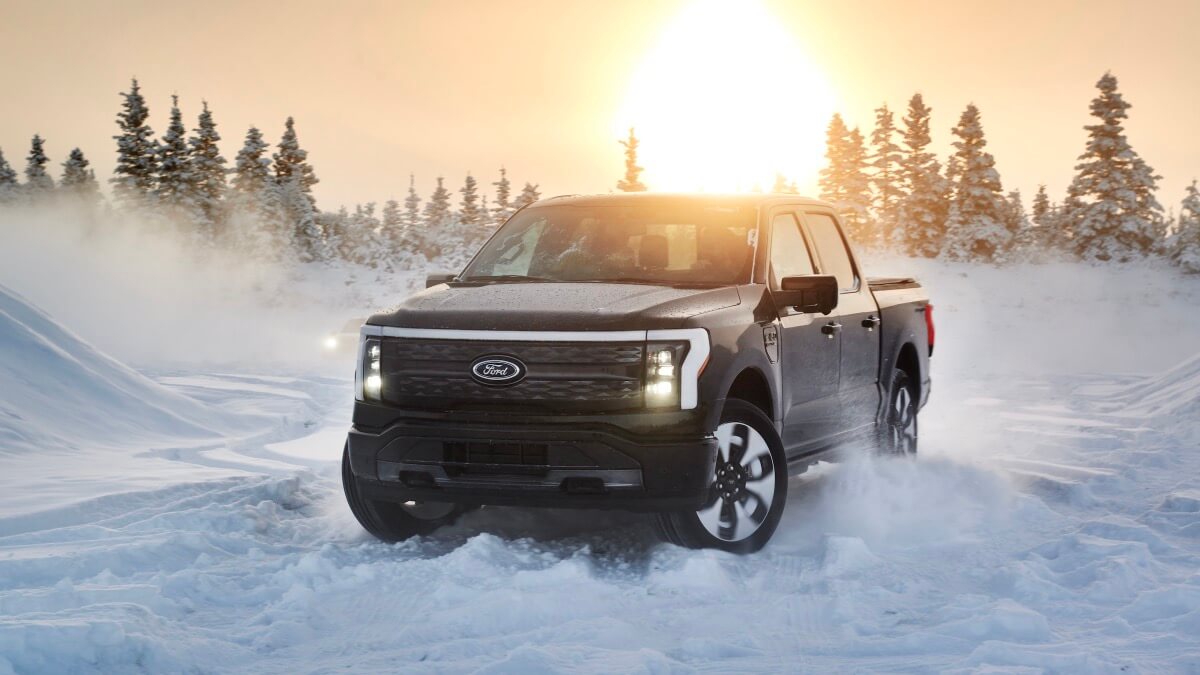
Virginia’s path is even more tangled. The state’s Republican lawmakers are trying hard to detach from California’s emissions rules, though their efforts have hit roadblocks. Despite this, Republican Governor Glenn Youngkin remains committed to overturning what he calls a “ridiculous edict.” Minnesota is also in a state of flux. While it’s linked to California’s standards, a ban on ICE (internal combustion engine) vehicles isn’t a foregone conclusion there.
Now, you might be wondering about the used car market. Well, the good news for fans of the traditional rumble of a gas engine is that these regulations don’t impact the sale or use of used gas-powered cars. You can still buy and drive them, even bring them in from other states.
➤ Read more: The End of Gasoline Cars in Canada? Shocking New Mandate Revealed!
However, the push towards electrification doesn’t stop at light vehicles. In California, medium- and heavy-duty vehicles like buses and trucks that weigh more than 14,000 pounds are also on the radar. The goal is to have them all be zero-emission by 2045, with the sale of large diesel trucks stopping in 2036.
But what about the rest of the country? President Joe Biden has set a target: by 2030, half of all new vehicle sales should be electric. He’s backed this up with substantial funding for EV infrastructure and incentives for domestic production. However, a nationwide ban on new ICE vehicles isn’t on the cards just yet.
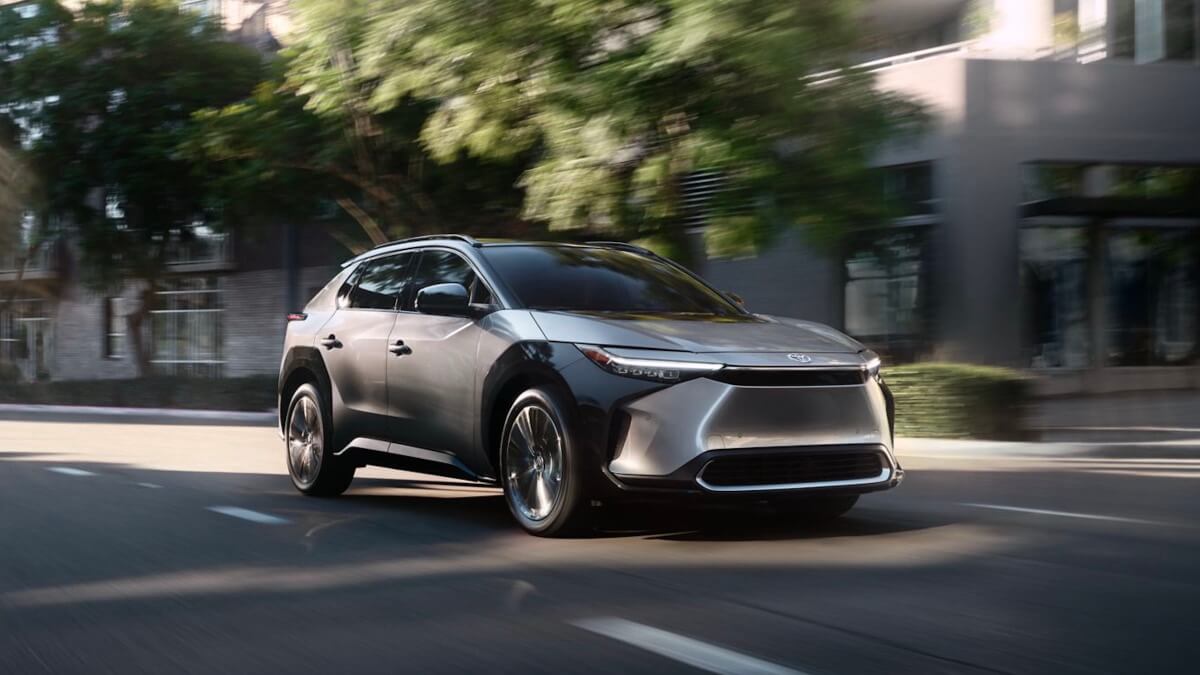
At this point, several giant automakers like General Motors, Jaguar, Volvo, Rolls-Royce, Honda, and others have also announced timelines for phasing out ICE vehicles. Some, like Ford, are focusing their electric dreams in specific markets like Europe, while others, like Toyota, are taking a more cautious approach, advocating for a mix of vehicle types until at least 2050.
Clearly, the road to an electric future is being paved, one state at a time, with various detours and speed bumps along the way. The journey promises to be an interesting one, with the landscape of American roads set to transform dramatically in the coming years.


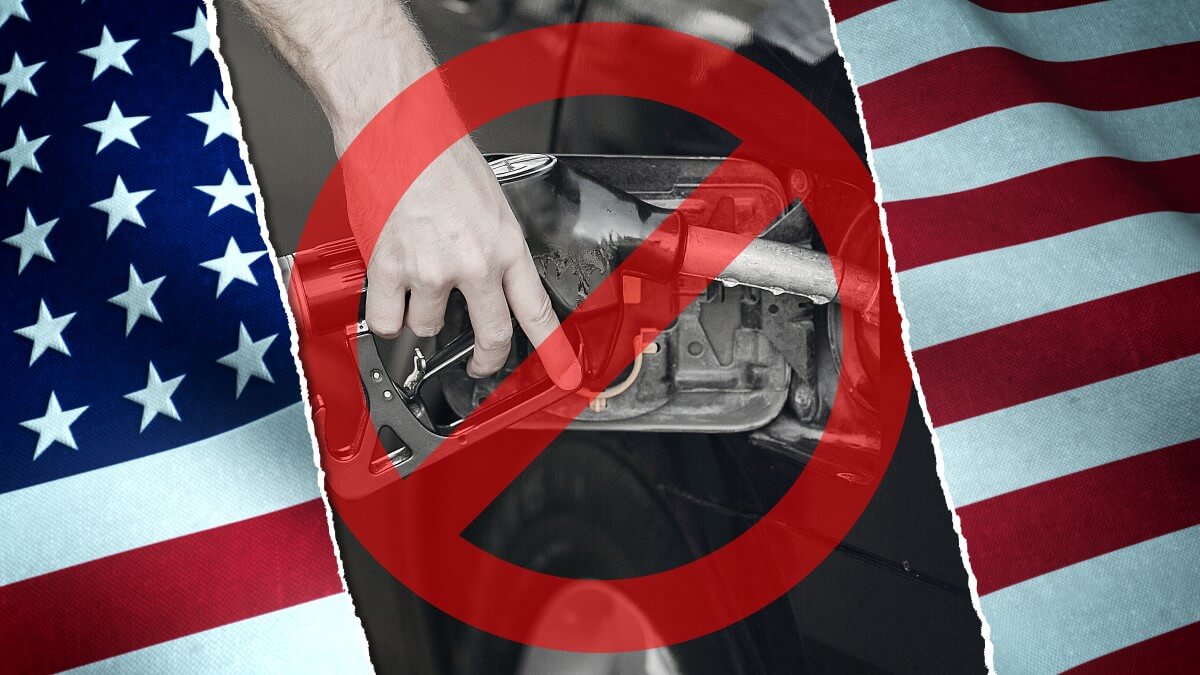
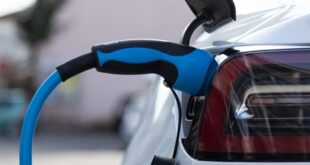
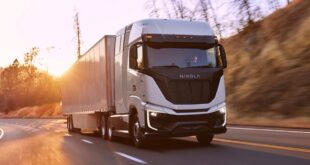




Great, now let’s ban coal, oil and nuclear power in these states to make electricity.
Let them reley only on the sun and wind for recharge power. See how long that shit lasts…hypocrites.
A n d, of course, none of these states have nascar races. Which state, that does have one in their state, will join. Yeah, that. Bet ya that won’t happen….or are we ready for an amendment now…..can’t wait.
The ban would only concern the sale of new, 100% ICE-powered mass-production passenger cars.
Hybrids, used cars, supercars, limited number runs, public transport, heavy machinery and equipment, motorcycles, emergency and military vehicles, RVs and campers, agricultural vehicles, boats, yachts, and ships, off-road vehicles, including ATVs, UTVs and dirt bikes and anything related to the commercial transport of goods would not be affected.
…that also includes race cars too, obviously.